The first Blue Origin rocket engine hotfire test was successful, leaving spaceship enthusiasts asking: what would it mean to our future space tourism?
While states across the country are competing for the location of Amazon‘s second headquarters, another Jeff Bezos-owned company set the Internet abuzz. On Tuesday, the first Blue Origin rocket engine was tested successfully.
It was earlier this year when Blue Origin, Bezos’ privately funded aerospace manufacturing, and spaceflight services company, unveiled its enormous rocket engine dubbed ‘BE-4’.
The rocket engine was unveiled after six long years of development and according to Bezos, will be used to ferry people into sub-orbital space by April 2019-a part of his ambitious dream to promote space tourism.
@blueorigin successfully tested its BE-4 engine! @jeffbezos congratulations!Click To TweetIn a tweet on October 19th, which has already gained 1,148 retweet and 2,718 likes, Blue Origin announced the success of the first fire of their BE-4 engine.
The tweet includes a short six-second video, taken from several angles, of the engine firing on a test stand. No other information, such as the date of the test or the thrust level of the test, was provided.
Bezos also tweeted a separate message regarding the test on his official Twitter account.
While the announcement was brief, the successful test fueled the hopes of many space rocket enthusiasts that the rocket engine would be ready to fly the first space tourists to Earth orbit next year, which is what Bezos promised.
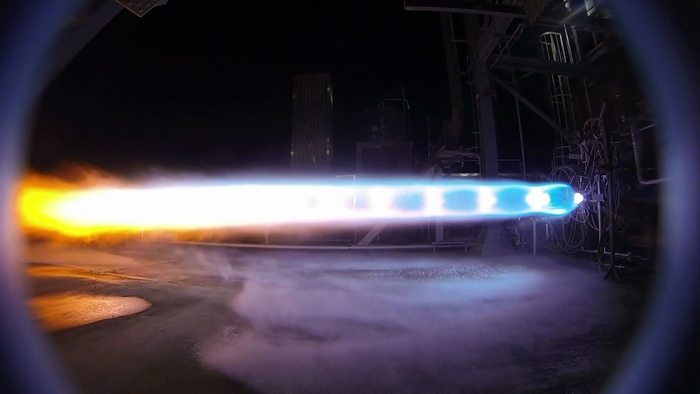
The Blue Origin Rocket Engine and the Future of Space Tourism
The Blue Engine 4 (BE-4) or the Blue Origin rocket engine is a staged-combustion engine that has been designed to produce 550,000 pounds-force of thrust at sea level or 2,400 kilonewtons using liquid oxygen and liquefied natural gas.
Work began on the BE-4 in 2011, but it was not announced to the public until 2014.
On 2014, the launch vehicle manufacturer and launch service provider United Launch Alliance selected the BE-4 as the main engine for a new primary launch vehicle. It was also under consideration for ULA’s next generation Vulcan rocket, together with Aerojet Rocketdyne‘s liquid oxygen and kerosene-powered rocket engine, AR1.
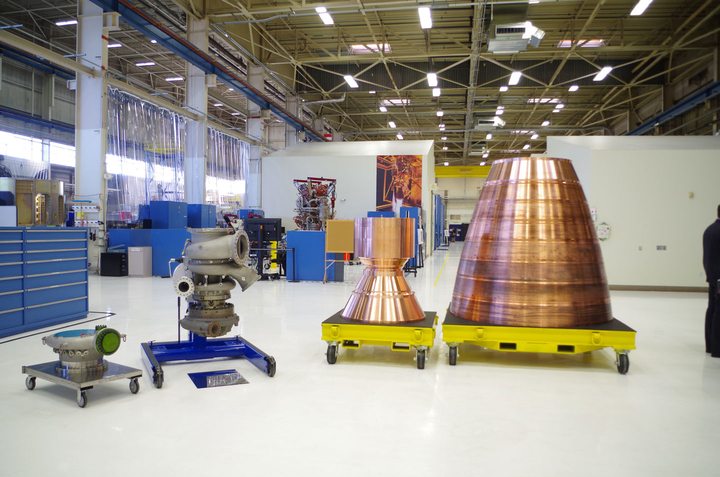
The Blue Origin rocket engine would also be used on the company’s New Glenn vehicle, a new rocket many times larger than the New Shepard. It was reported to have been designed for human orbital space missions, and apparently for space tourism.

If the rocket engine comes out as a success, it would surely give Elon Musk‘s SpaceX and other space exploration companies a run for their money because BE-4 rocket engine would be more affordable to operate because it partly uses natural gas–we’d need the updated specifics to compare it to Musk’s ultra-efficient BFR, which you can read more about here.
Aside from that, the development of the Blue Origin rocket engine doesn’t cost the U.S. taxpayers anything because it’s largely funded by Bezos.
While Musk has been vocal about his future Mars colonization mission and Lockheed Martin about its Mars base camp, Bezos might eventually win a space tourism race few others are attempting after things went as planned for his rocket engine.
In an e-mail sent to CNN Money earlier this month, Bob Smith, Blue Origin CEO, said that they would fly humans in sub-orbital space within the next 18 months! He said:
“Within the next 18 months we’re going to be launching humans into space. These won’t be astronauts…these will be everyday citizens.”

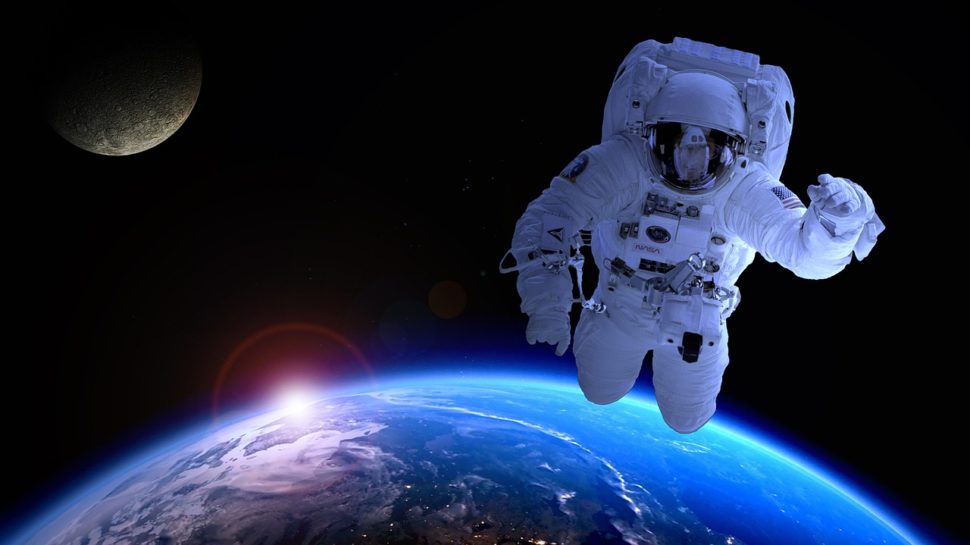



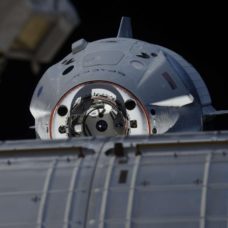



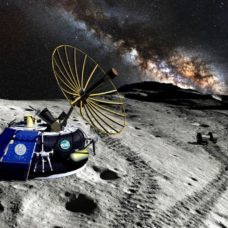








Since I started a travel agency that will specialize in space tourism you can bet that I’d travel into space with any company that’s going. Anyone that’s interested in going is more than welcome to get in touch so I can help them set up their trip.